How You Can Clean Your Whole Home Repurposing Lemon Rinds
Got Leftover Lemon Rinds?
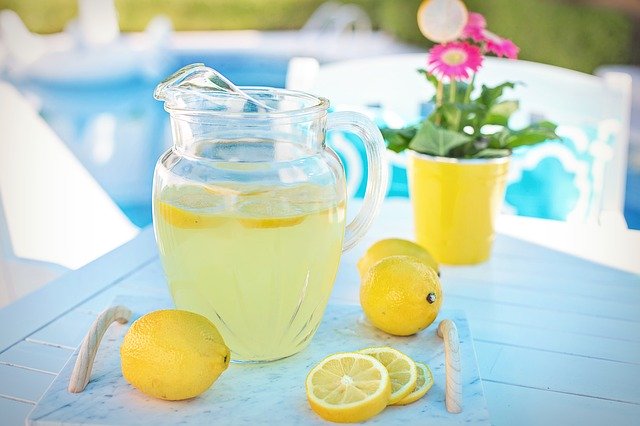
Ah, spring is in the air. Birds are chirping, everything is turning lush and green again, temperatures are rising, and many are taking advantage of knocking out outdoor chores.
Nothing seems more refreshing when working hard outside, than a nice cool glass of freshly made lemonade. Making homemade lemonade is relatively easy, but many of you may know, that to make a decent sized pitcher for everyone to enjoy, it requires juicing a lot of lemons, thus, leaving you with a whole bunch of lemon rinds to dispose of at the end.
Whatever you do, I highly recommend not throwing the rinds out. For you can utilize them by making a fresh smelling, and effective homemade lemon cleaner that is as easy as dumping and pouring contents into a glass vessel.
Not only does this cleaner smell great, but it packs a mean punch against dirt, and costs you pennies to make it, but the best part of all, is that you know exactly what has gone into making this cleaner, from start to finish, making it an eco-friendly house cleaning winner that eliminates any worry of possibly harming a loved one or pet by spraying and cleaning near them.
You can use this cleaner as is, or build upon it creating even greater antibacterial properties to fight against germs and preventing bacteria buildup, by adding colloidal silver and/or essential oils to the mixture.
Cleaning Power of Lemons and Vinegar
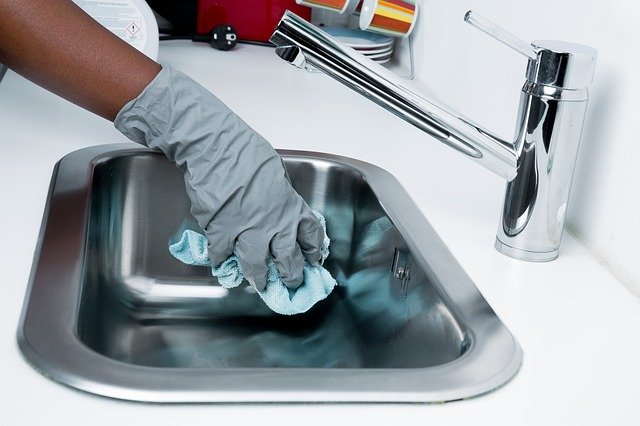
Who would have ever thought, that every day, inexpensive household items, could be utilized to create a powerful, yet healthy cleaning alternative to your home!
Lemons and vinegar both, have very high acidity levels, which makes these two ingredients tough on cutting through dirt, stains, and grime build-up.
Are lemons antibacterial? Per a study done in 2017 testing lemon juice for fighting against E-coli found, that lemons do in fact have antibacterial properties, and that fermenting lemons, further increases PH levels, lactic acids, and antioxidant properties of the fruit. Lemons are also an effective antiseptic, and are a safe, natural bleach alternative.
The oils within lemons have been used for years in commercial cleaners for not only its cleaning abilities, but also for the beautiful lustrous shine that it will leave on your clean surfaces.
Vinegar is another ingredient known to have antibacterial cleaning abilities, and highly affordable too. For you can buy a half gallon of vinegar at your local grocery store for under $4.00
Kick it Up A few Notches
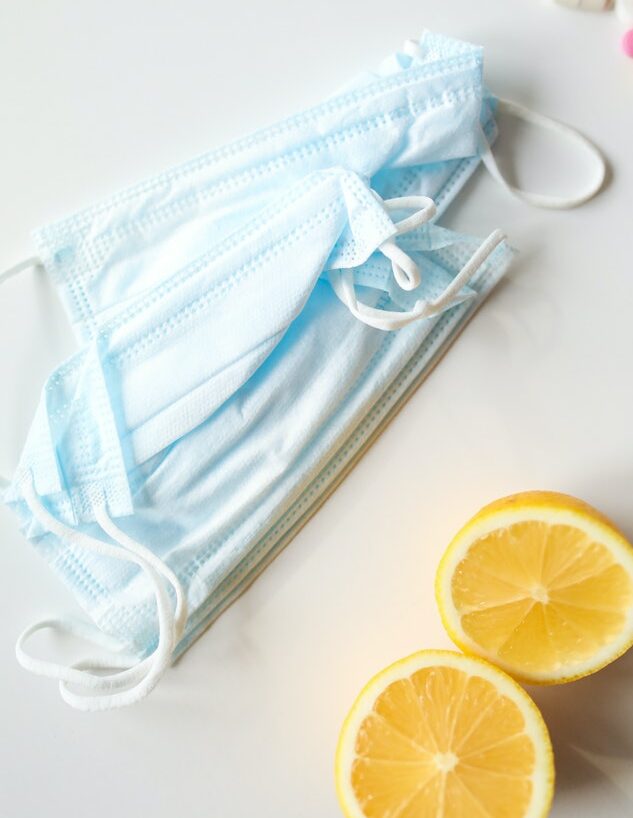
Though lemons and vinegar have antibacterial and antiseptic properties, they do not completely kill microbial germs. Which is why I like to take extra measures to ensure that my surface areas are naturally as clean as they would be using harsher commercial products.
My first go to for increasing antibacterial, antiseptic, and antimicrobial properties, is colloidal silver. Silver has been used since medieval times to aid in the prevention of spreading illnesses, for it kills any kind germ and bacteria that it comes in contact with.
There have also been recent scientific studies done on how Nanoparticle silver exhibited a remarkable antibacterial ability to fight against several bacterial strains that were conducted in the test. The study also considered silver to be an effective alternative to commercial antibacterial agents.
Adding colloidal silver to your mixture, will not only greatly increase your cleaner’s germ fighting power, but it will also act as a natural preservative, to ensure that your cleaner does not turn rancid before you have had the chance to use it all up.
Another affective way to greatly increase the antimicrobial power of your cleaner, is to add an essential oil germ fighter blend to the mixture. The blend consists of lemon, clove bud, eucalyptus, cinnamon and rosemary, which gives it antibacterial, antifungal, antiseptic, and antimicrobial properties.
This blend also dates back to the medieval era, where grave robbers use to make up a tincture with this blend, to increase their immune system, in order to reduce their chances of contracting the plague, or other major illnesses from the diseased graves they were stealing from.
Note; adding this essential oil blend, will greatly increase your mixtures cleaning effectiveness, but it will also completely alter the refreshing citrus scent that comes from extracting the oils into the vinegar during the fermentation process.
I usually keep the lemon/vinegar mixture as my base cleaner, then add oils per what I am needing it to clean.
How to Use This Lemon Cleaner
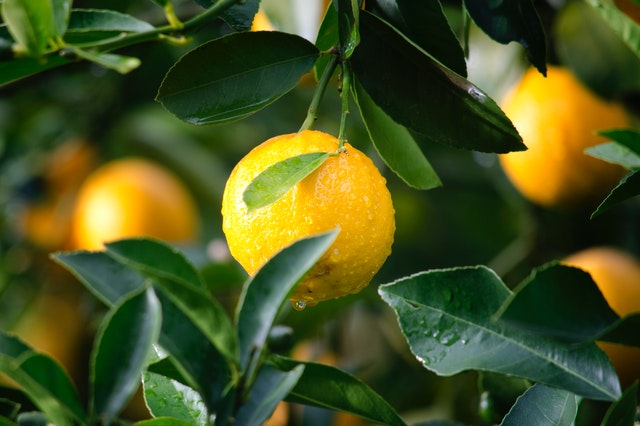
As mentioned above, this cleaner is used as my base for several different cleaning surfaces. I will slightly add/mix different ingredients, depending on what surface I am needing to clean.
Below, is a list of household surfaces this cleaner works great on, as well as what ingredients to add to the mixture to achieve maximum effectiveness on cleaning the various surfaces.
Floors:
Typically, this cleaner works great as is for mopping/cleaning floors, for it already has a clean, refreshing fragrance, antibacterial properties, and results in a clean shiny surface.
You can add a seasonal fun spin to the mixture, by adding your preference of essential oils to the mixture.
For cleaning, it is best to add the solution to a spray mop (or manual sprayer), then a traditional mop and bucket, in order to make it cost effective.
Kitchen/Bathroom Countertops:
Due to the need of increased disinfecting on these surfaces, I usually add another teaspoon of silver to a 16-ounce spray bottle (if I am wanting to keep the fresh citrus scent), or add 1 drop of Germ Fighter per every 1 ounce of cleaning solution.
Use the same way you would for any multi-purpose cleaner.
Bathtubs, Showers, Toilets, and Oven:
For better cutting power through grease, soap scum, and removing copper stains in your bathtub or shower; mix in a glass spray bottle, equal parts of the citrus vinegar base, with Dr. Bronner’s peppermint concentrated castile soap, and 1 drop of Germ Fighter essential oil blend per every ounce of mixture.
It may look a bit clumpy at first after shaking it up, which is perfectly normal, and will go away after the cleaner has time to settle.
Spray on your cleaning surfaces, let sit for up to five minutes, then clean with a semi-soft bristled cleaning brush.
All Natural Cleaner Recipe
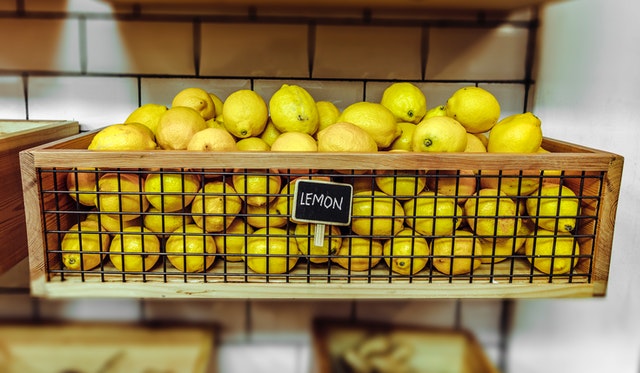
This recipe is honestly one of the easiest cleaning recipes to make yourself, and it is a great way to eliminate waste by utilizing leftover lemon rinds. The amazing citric smell of this recipe is one of my favorites to clean with, for it leaves such a fresh and clean fragrance on any surface you clean.
It also does a great job fighting against tough dirt, stains, and disinfecting surface areas.
You can easily substitute orange, or any other citric rinds you may have on hand for the lemon rinds. All citric makes a wonderful smelling cleaner, lemon is just one of my favorites, because we do make lemonade often with lemons we have growing from one of our massive lemon trees on our farm.
What you will need:
Lemon Rinds (or whatever citric rinds you would prefer)
Distilled White Vinegar
2 teaspoons Colloidal Silver
Essential Oils (optional)
Half Gallon Mason Jars
16-ounce Glass Spray Bottles
Creating Process:
- First, you want to collect all your used rinds, and place as many as you can fit into your half gallon glass mason jar.
- Next, pour your white vinegar into the jar of citric rinds, leaving roughly an inch of clear space from the lid.
- Place in a cool semi-dark to dark place (cabinets work well, or a dark spot on your counter top), and let sit to ferment for seven to ten days.
- Once the fermentation process is finished, and the mixture has a wonderful citric aroma. Remove the lid, and strain your mixture through a sieve, to ensure that you are removing all seeds and other large particles that could potentially clog your spray bottle.
- After your mixture is strained, add your colloidal silver, and place in your glass spray bottles.
That’s it! Easy peasy. Use as an everyday multi-purpose cleaner, or add additional ingredients for cleaning multiple surfaces.
Green House Cleaning
 There are several reasons why you should consider going green with how you clean your home.
There are several reasons why you should consider going green with how you clean your home.
Many commercial products have been linked to increasing the chances of respiratory issues, toxic buildup within the body (creating oxidative stress), decreased fertility, and even increasing the odds of possibly developing tumors and/or cancer.
Going green is also much more cost effective (if done right), for many of the ingredients utilized, are found in most every day households, and cost a fraction of the cost multiple commercial cleaners would set you back.
My favorite part of this recipe, is ensuring that nothing goes to waste, and that every part of the lemon is utilized to greatly better our home.
Hope that you enjoy utilizing your citrus scraps as much as I do!
Please feel free to ask any questions you may have, and would also love to hear about your experience with making/using this cleaner, or sharing any alterations you have made to make it even better.
<– If you would like to learn more about green cleaning recipes, then you can find them here. –>
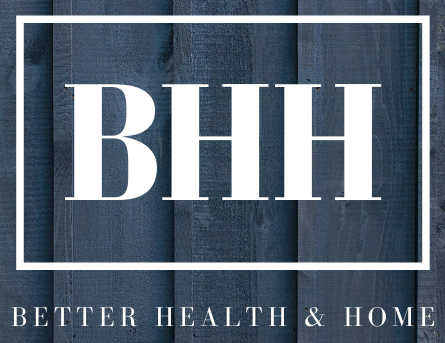
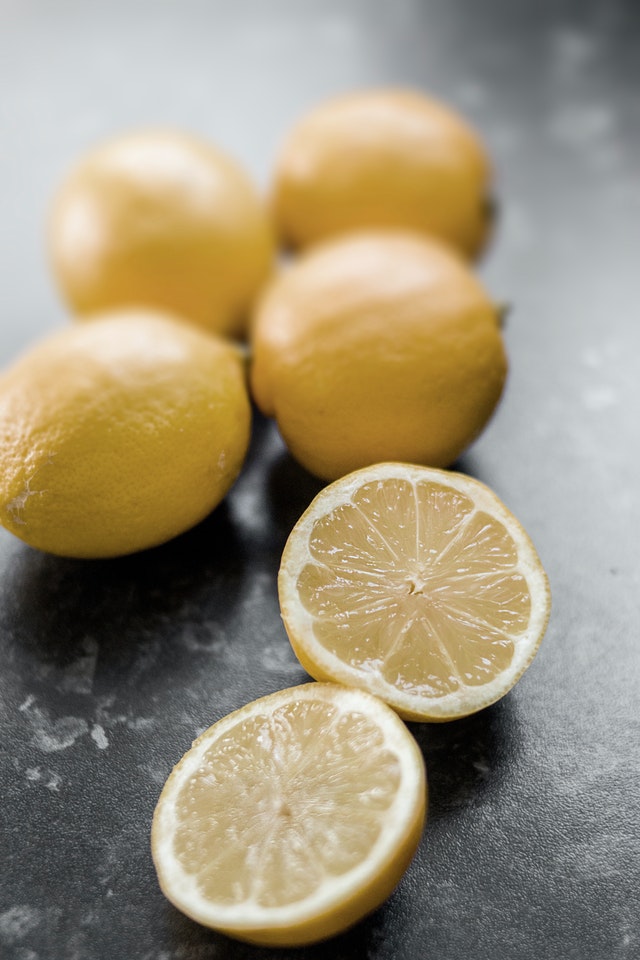
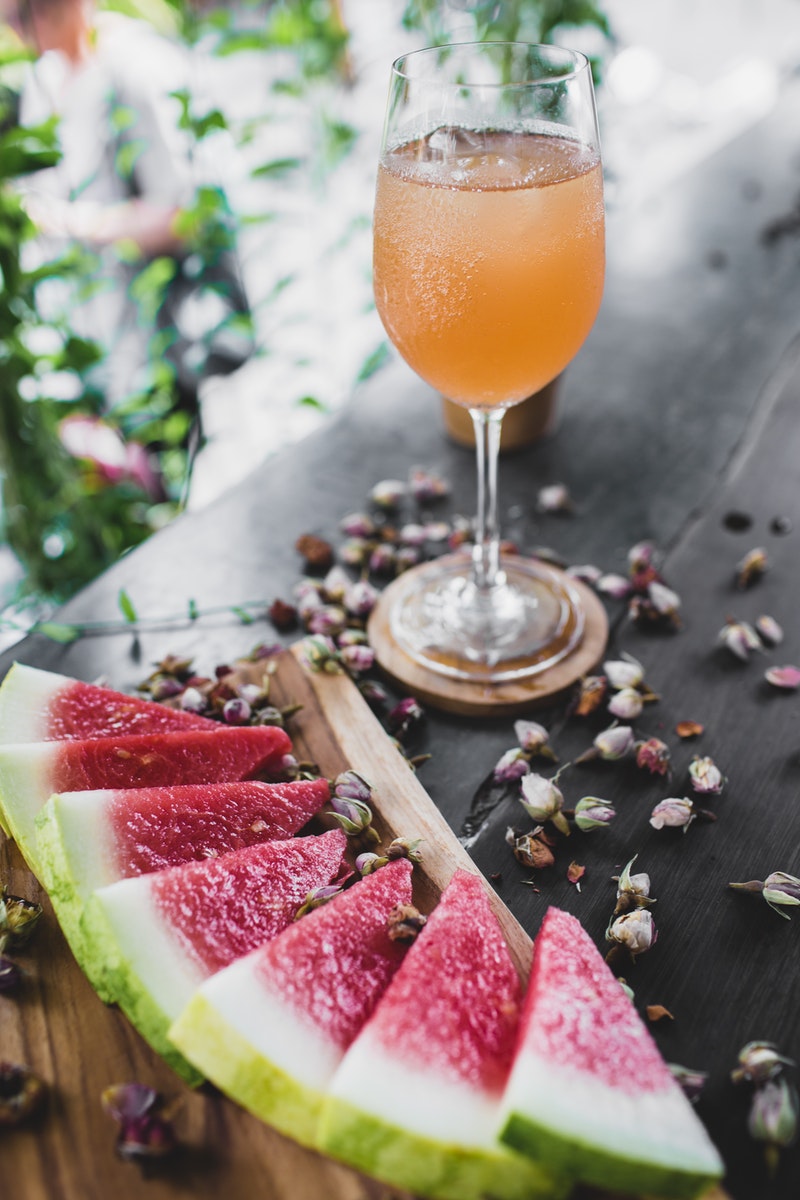
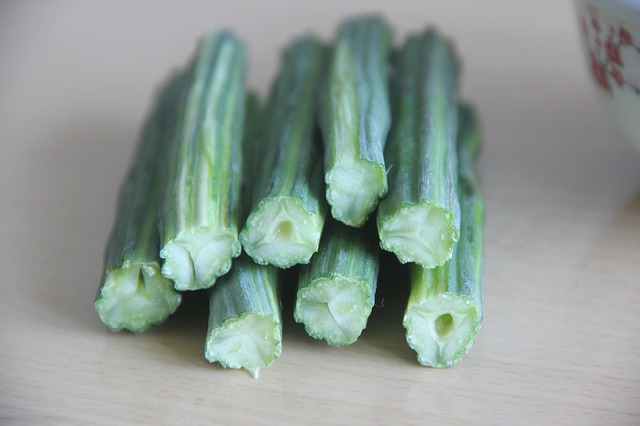
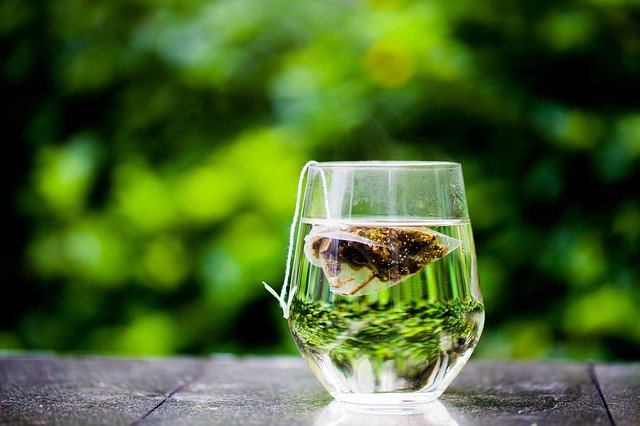
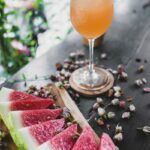
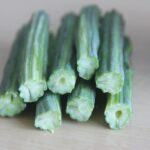
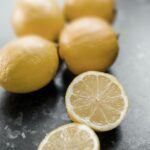
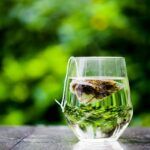


Hi there Brandy,
I just learned somewhere that lemon rinds are good cleaners and I desired to know how all that happens. And that is pretty much how I stumbled upon this post. I see you have even changed the saying from “When life throws you lemons, make lemonade” to “When life throws you lemon rinds, make your own lemon cleaner” Lol. I won’t forget that. I am also planning to follow your procedure step by step to make it work. Thanks for the help here!
Thank you Dave! I’m happy to hear that you liked my little spin on a a traditional phrase.
Please do let me know how you like the cleaner, once you have a chance to create it!
Great home page and logo! The layout and design of your page is easy to navigate!! The content is helpful and meaningful to everyday life!! I’m really enjoying it and I hope to revisit again and again.
I’m glad you have done a review of Kombucha. I haven’t tried it yet but I’m going to get the one you recommended! I’m also going to try and brew mine at home.
Thank you for sharing!!!
Hi Alise!
Thank you for becoming a frequent visitor!
Before brewing your your first kombucha, I do recommend getting a bottle from the store, so that you are able to try it and see if it is something you like. For I have run across some people who do not particularly care for it, and don’t want you to dive into a project that you won’t want to continue.
G.E. brand kombucha would be a good, first one to try.
I am amazed lemon rinds have so many uses!!! I love how lemon smells!
Yes. Going green can be very cost-effective. We can make use of many abandoned or potential abandoned materials to become useful things.
I had used lemon rinds to make cleaner through fermentation process and the effect was quite good. After reading your article, it is good to learn that the cleaner can be blended with vinegar or essential oils so as to strengthen the cleaning effect. It re-ignites my impulse to follow your recipes. I prefer using lemon rinds because of its fragrance. Therefore, I need to collect the rinds to begin my work.
I enjoy learning from you.
Dolbe
Thank you Dolbe!
Glad to hear that you have already been making your own cleaner. I hope you also enjoy this particular recipe. Please do share your thoughts on how it compares to your other recipe, once you have made up a batch. 🙂
Hello there, thanks for sharing this masterpiece of information here with us. I must say this piece of information will be really helpful for me, and can come in handy when needing a new cleaner. I personally never thought I could make household cleaner from leftover lemon rinds! Seems easy to make, and will most definitely be giving it a try. Thanks for sharing!
Thank you Philebur!
Please do let me know how you like it, after making a batch!
Hi, I knew lemon had many great qualities but you showed me even more. I love the smell of lemon in my home and will certainly try out your suggestions.
Do the cleaners made from lemon last long? How do we best store them?
I also really like the overall look of your site and was wondering which if any plugin you use to so nicely show your posts in the sidebar?
Hi Karin!
To answer your question about the cleaner; I would say that a safe shelf life would be to use it within 3-6 months (I’ve had some for longer though), and keep it stored in a cool, dry place (like a kitchen cabinet).
The sidebar of my website, is actually not a plugin, but instead, is a widget.